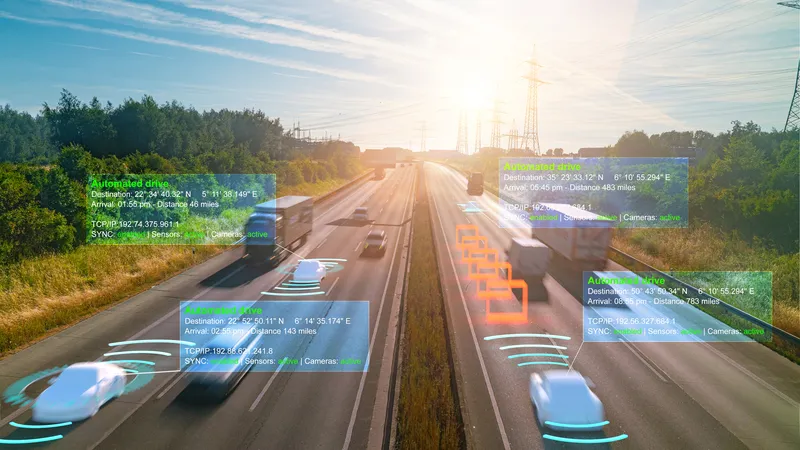RAC has accepted the delivery of a driverless car from
The company says it intends to use the on-demand service to gain a better understanding of the technology and to develop a roadmap for the safe transition to driverless vehicles.
RAC works with government and other organisations to ensure its members and the community can move around more sustainably.
Terry Agnew, CEO of RAC, says human error is the cause of most road deaths and serious injuries.
“If we can help Western Australia and Australia safely transition to driverless vehicles sooner, hundreds of Australian lives could be saved,” Agnew adds.
The prototype vehicle serves as the latest addition to the RAC’s automated vehicle programme, in which Navya’s Autonom shuttle bus was tested last year. The project is supported by the Western Australian State Government and the City of South Perth.
RAC expects to accept to receive more Intellicars later this year. It will also work with the state government to identify potential trial locations, which will be available to the public in 2019.
RAC to launch driverless on-demand vehicles in Perth, Western Australia
RAC has accepted the delivery of a driverless car from Navya which will serve as part of a shared mobility service in Perth, Western Australia.
The company says it intends to use the on-demand service to gain a better understanding of the technology and to develop a roadmap for the safe transition to driverless vehicles.
RAC works with government and other organisations to ensure its members and the community can move around more sustainably.
Terry Agnew, CEO of RAC, says human error is the cause of mos
September 21, 2018
Read time: 2 mins









